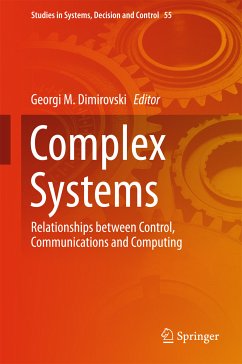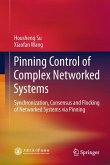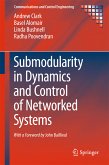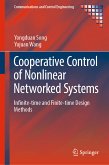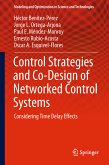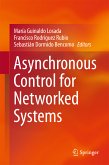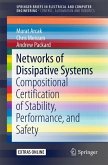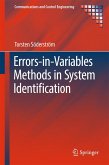Reporting on work of the Control of Complex Systems (COSY) research program, Complex Systems follows from and expands upon an earlier collection: Control of Complex Systems by introducing novel theoretical techniques for hard-to-control networks and systems.
The major common feature of all the superficially diverse contributions encompassed by this book is that of spotting and exploiting possible areas of mutual reinforcement between control, computing and communications. These help readers to achieve not only robust stable plant system operation but also properties such as collective adaptivity, integrity and survivability at the same time retaining desired performance quality.
Applications in the individual chapters are drawn from:
· the general implementation of model-based diagnosis and systems engineering in medical technology, in communication, and in power and airport networks;
· the creation of biologically inspired control brains and safety-critical human-machine systems;
· process-industrial uses;
· biped robots;
· large space structures and unmanned aerial vehicles; and
· precision servomechanisms and other advanced technologies.
Complex Systems provides researchers from engineering, applied mathematics and computer science backgrounds with innovative theoretical and practical insights into the state-of-the-art of complex networks and systems research. It employs physical implementations and extensive computer simulations. Graduate students specializing in complex-systems research will also learn much from this collection.
Dieser Download kann aus rechtlichen Gründen nur mit Rechnungsadresse in A, B, BG, CY, CZ, D, DK, EW, E, FIN, F, GR, HR, H, IRL, I, LT, L, LR, M, NL, PL, P, R, S, SLO, SK ausgeliefert werden.

